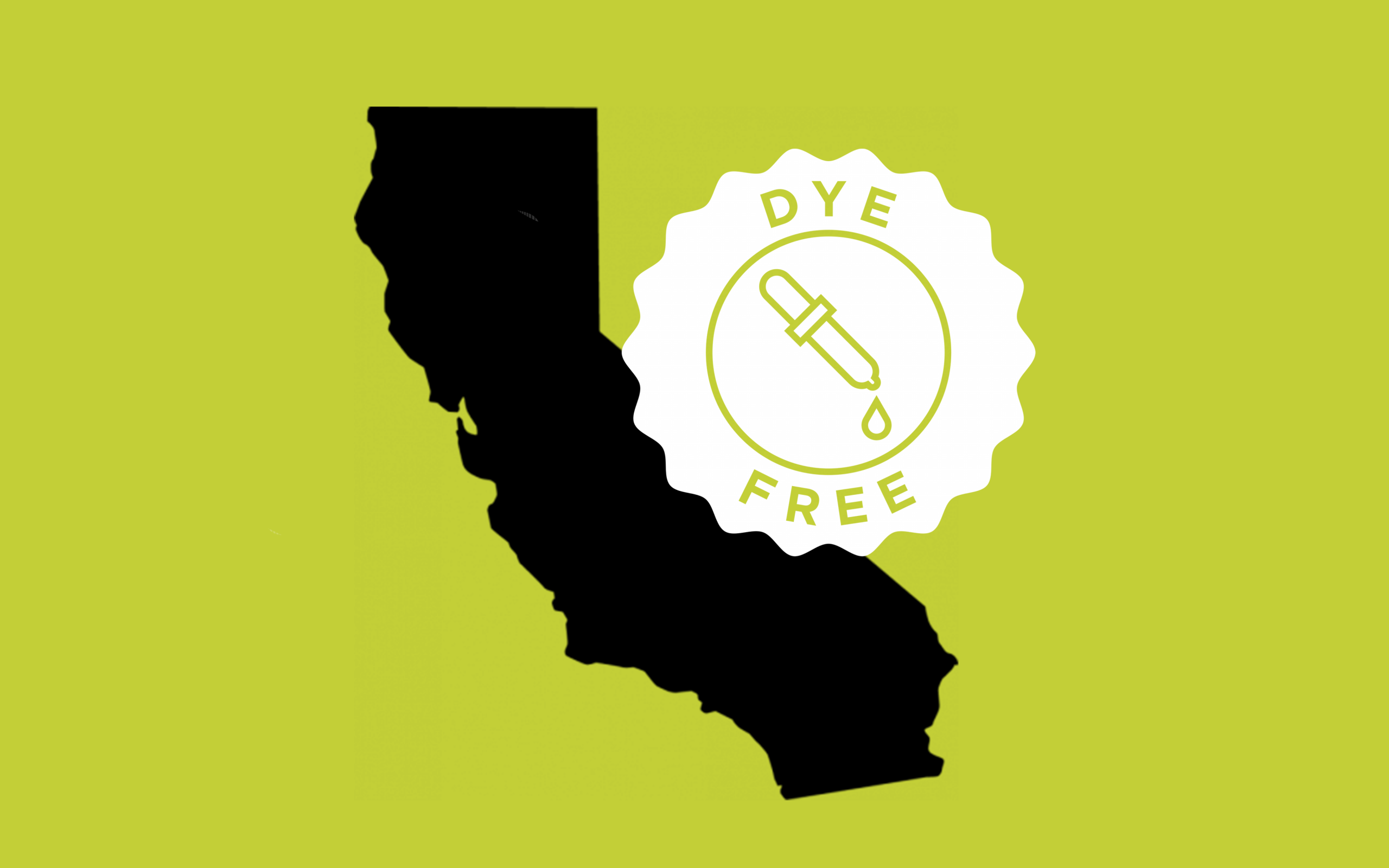In the near future, food bans may follow the “as California goes, so goes the nation” adage. California has a history of being a catalyst for paradigm-shifting changes that gather momentum and spread across the rest of the U.S. Some of the state’s previous groundbreaking regulations that have become mainstream—or are well on their way—include smoking bans, electric vehicle mandates and climate change initiatives.
An Agent for Change
Smoking bans were a revolutionary idea in 1995, when California was the first state to ban smoking in the workplace, including public buildings, indoor workspaces and restaurants. Today, strong smoke-free laws are a fact of life in many states, cities and counties. California’s landmark mandate to end new sales of gasoline-powered cars has driven a new age of car manufacturing, with demand for electric cars rising faster—and changing the way automakers operate their business.
California’s New Food Bans
Just as California’s mandate has supercharged demand for electric vehicles, the new California Food Safety Act, passed on October 7, 2023 may change the way the rest of the country looks at certain food ingredients.
Headlines and statements proclaiming that “California is banning four potentially harmful food additives in the first state law of its kind…” are sounding an alarm that food and beverage brands should consider. The California Food Safety Act prohibits the manufacturing, distribution and sale of food and beverages that contain Red Dye No. 3, brominated vegetable oil, potassium bromate and propylparaben. These additives have been linked to a long list of diseases including cancer, and are already banned in dozens of countries.
Which ingredients are included in California’s Food Safety Act?
Red Dye No. 3
Used for food coloring, in over 3,200 consumer goods including candy, fruit juices, cookies and more. Red Dye No. 3 has long sparked controversy for potential health risks and has been banned by the FDA for use in cosmetics and externally applied drugs since 1990.
Brominated vegetable oil
Used to keep citrus flavoring from floating to the top of some beverages. Brominated vegetable oil has prompted multiple health concerns and according to Axios, the FDA “…is in the process of amending its current guidelines on brominated vegetable oil and aims to remove its authorization as a food ingredient based on new data.”
Potassium bromate
An oxidizing agent used to improve dough for breads and baked goods. Potassium bromate has been associated with potential harm to DNA and cells in the human body, prompting the FDA guidelines to limit the amount that can be used.
Propylparaben
An antimicrobial preservative used in a variety of packaged baked goods. Propylparaben has come under scrutiny due to research revealing its potential negative effects on human hormones.
What This Means for Food, Beverage and Supplement Brands
It’s important to note: the California Food Safety Act doesn’t actually ban foods, it bans ingredients. It’s not the end of popular products like Skittles or Peeps, it just means brands will need to pivot, and “…tweak their recipes to be able to offer the same food and drink items with healthier ingredients,” according to bill sponsor, Assemblymember Jesse Gabriel. “This bill will not ban any foods or products—it simply will require food companies to make minor modifications to their recipes and switch to the safer alternative ingredients that they already use in Europe and so many other places around the globe,” he added.
So how can brands respond to imminent changes that may come their way? Brands need to:
- Be aware
- Be prepared
- Look forward
Depending on formulation requirements, brands may specifically need to consider the possibility of reformulating their existing product lines, searching for and testing new ingredients, or finding an ideal color to replace Red Dye No. 3, etc.
U.S. vs. European Food Regulations and Standards
According to Gabriel, “It’s unacceptable that the U.S. is so far behind the rest of the world when it comes to food safety.” European food safety regulations are traditionally more stringent—for example, potassium bromate is already banned for human consumption there—and many U.S. consumers consider this more cautious approach to be a healthier one. The spotlight on California’s new food safety standards may signal movement in that direction.
In any case, as always, brands will need to market themselves appropriately, no matter where they are on their food safety and transparency journey. Depending on the consumer audience, some brands may benefit by marketing any area where they already meet or exceed European standards.
How We Can Help
ColinKurtis understands the food & beverage and supplement industries, as well as the importance of clean label efforts and messaging. We can help strategize the proper ways to market your brand’s efforts in light of the scrutiny on certain ingredients, depending on your brand’s unique situation, including:
- Having already removed these ingredients—or never relied on them to begin with
- A planned reformulation to remove undesirable ingredients in the near future
- An established clean label solution or alternative to others in the market
If you want to get a head start, but don’t know where to begin, contact Mitch Robinson at Mitch@colinkurtis.com or call 815.965.6657 EXT. 1, and let ColinKurtis Advertising help tell your brand’s story.
Blog post from:
Matt Hensler
Vice President, Digital Integration
Sources
https://www.undo.org/disease/california-ban-workplace-smoking
https://www.tobaccofreekids.org/what-we-do/us/smoke-free-laws
https://calmatters.org/environment/climate-change/2023/05/california-electric-cars-ford-f150/
https://www.axios.com/2023/10/10/california-food-additives-ban
https://www.cbsnews.com/news/us-food-additives-banned-europe-making-americans-sick-expert-says/


Leave A Comment